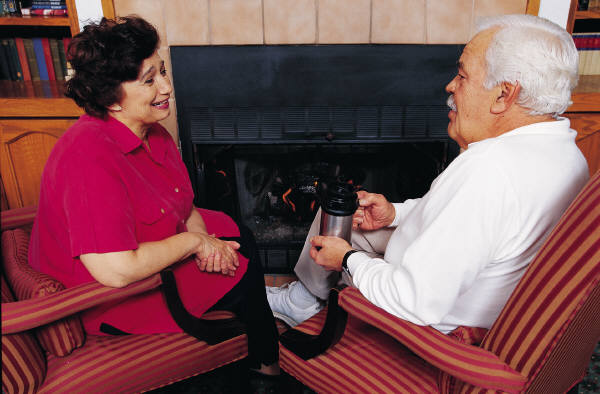
Children should always be required to provide for the care of elder parents or so it seems. That may not turn out to be fair in some instances.
Every state requires a legal obligation of parents that they care for their offspring but some states take it to the next level and require the children of elder parents to handle some of the costs of their care. This is known as a filial responsibility law and may not always be fair.
These laws require that adult children help pay for the care of their elderly parents when necessary. At first glance to most people this seems appropriate. Caring for the elderly is not a responsibility that should fall on the government when the family can afford to pay for the care. It should also not fall on just one child when other adult children should be sharing the burden.
However, a new Pennsylvania court case discussed by Elder Law Answers in “Son Must Pay for Mother’s Care Under Filial Responsibility Law Despite Abusive Childhood” illustrates how what might appear to be just generally is not always so when looking at specific family situations.
One of the issues in the case was that the child being sued to provide care for his mother claimed that she abused him as a child. Pennsylvania law, however, only makes an exception to the filial responsibility duty if the parent abandoned the child for at least 10 years.
As there was no evidence of abandonment in the case, the son will have to provide support for a mother he claims abused him.
When making laws to mandate moral responsibilities it is important to take unusual cases into consideration. And, unfortunately, while the majority of parents care for their children and do not abuse them, there is always the unusual situation.
Reference: Elder Law Answers (Nov. 24, 2015) “Son Must Pay for Mother’s Care Under Filial Responsibility Law Despite Abusive Childhood”
For more information on elder law and estate planning, please visit my estate planning website.











